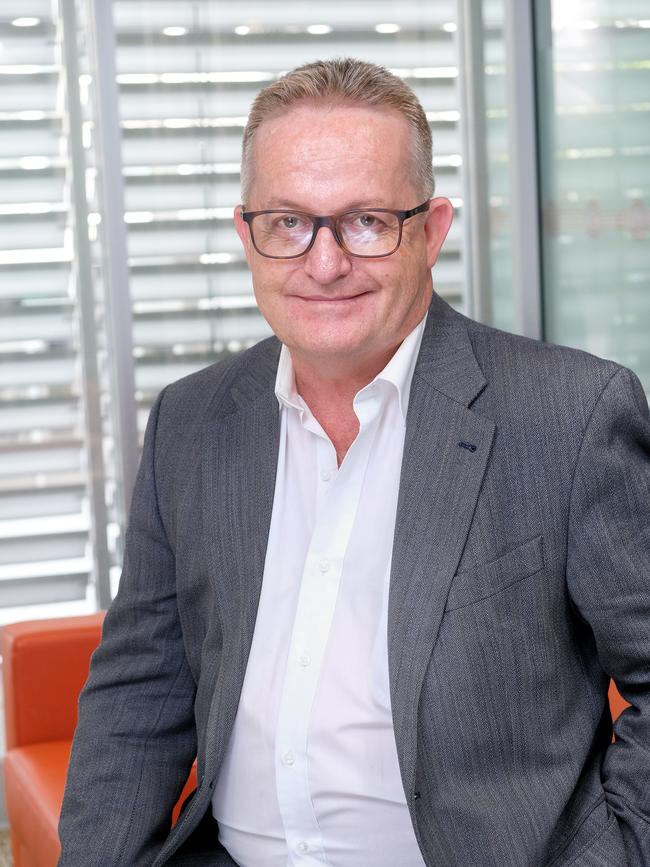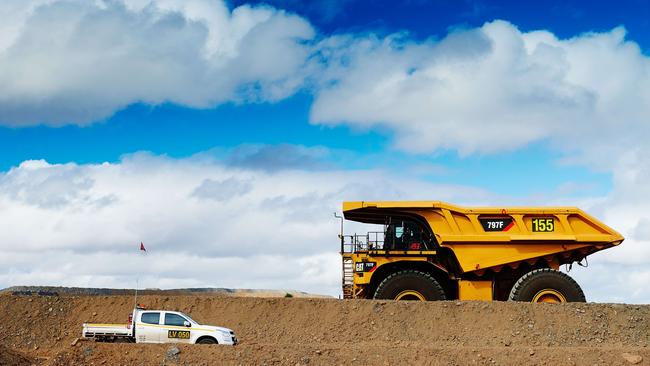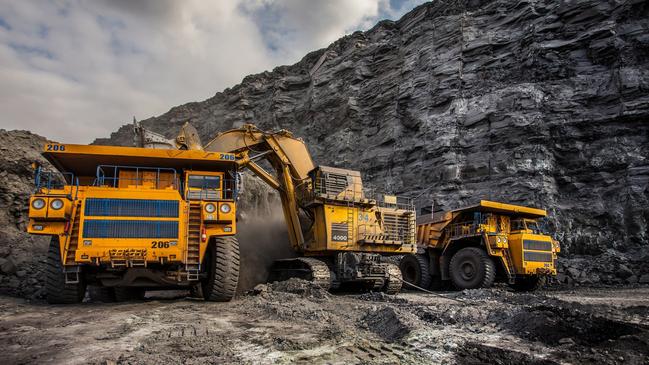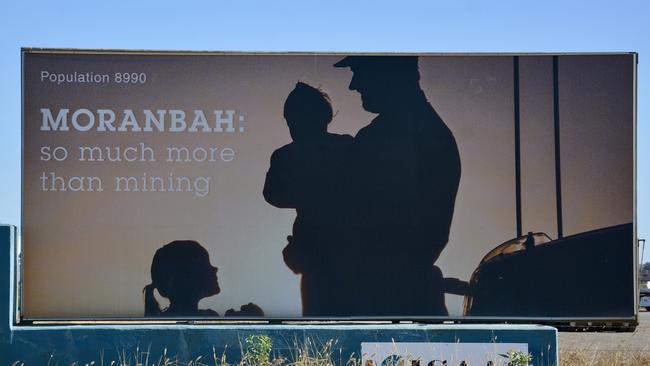Casualisation rate and job security in mining industry to be discussed in Senate committee hearing
Job security hearing: Organisations with competing interests in mining share alternate figures on permanent employment
Mackay
Don't miss out on the headlines from Mackay. Followed categories will be added to My News.
Disputed figures over casualisation rates will form part of a deep dive into job security in Queensland’s mining industry.
Covid-19 derailed plans to have hearings in Moranbah on Monday and Mackay on Tuesday but the Senate hearings will be held remotely from Canberra.
The Senate Select Committee on Job Security was established to inquire into and report on the impact of insecure or precarious employment on the economy, wages, social cohesion and workplace rights and conditions.
CFMEU general president Tony Maher, in his submission to the committee, said the union represented about 20,000 workers employed primarily in the coal industry but also in metal ore mining, power stations and coal ports.
“There appears to be no correlation between industry profitability and the rate of casualisation – it has increased steadily over the decades despite wide variations in profitability,” he said.
“The industry has sought to turn labour costs into a highly-variable cost that can be dispensed with at will via higher casualisation rates.

“Despite the fact that we have an industrial award in coal mining that does not provide for casual employment, we have nevertheless witnessed very large growth in the proportion of casual employment in the industry.
“As the Minerals Council of Australia has noted in its submission into this inquiry, casual
mineworkers are paid less than permanent mineworkers, as they typically are across most
industries, and despite the alleged presence of ‘casual loading’.”
The Minerals Council of Australia, in its submission, said only 1 per cent of non-managerial workers in mining depended on an award for their wages and conditions.
The submission says the resources sector directly employs 243,000 people in highly paid, highly skilled jobs, mostly in regional and remote Australia, as well as supporting advanced and competitive manufacturing jobs through the mining equipment, technology and services sector.
“The Australian minerals industry makes use of enterprise agreements and flexible work arrangements to meet the increasingly diverse requirements of the mining industry’s workforce, integrate advanced technology into operations, increase productivity and competitiveness, and ultimately deliver more jobs and higher wages,” it reads.
“Mining and METS directly contributed $145.3 billion in value added to the Australian economy and directly supported 483,499 FTE jobs in Australia.

“The sector also outlaid approximately $110 billion in intermediate expenditures, generating an indirect economic contribution to the national economy of $96.6 billion in value added. “Approximately 647,950 FTE jobs outside the mining and METS sector were supported through these flow-on linkages.
“The Australian mining industry has a high share of permanent and full-time employees. 84 per cent of mining workers are permanent employees, compared to 78 per cent for all industries. 96 per cent of mining workers are employed full-time, compared to 68 per cent for all industries.
“That said, all mining workers – whether permanent or casual – are highly remunerated. Median weekly earnings for full and part-time workers in mining (including both permanent and casual employees) were $2325 in 2020, double the median for all industries ($1150).
“The gap in median weekly pay between permanent and casual employees is smaller in mining (12 per cent) than in all other industries. Across the economy overall the gap is 108 per cent.”

The CFMEU disputes the council’s submitted rate of casualisation in the mining industry.
“It is the lived experience of members of this union that casual labour hire is easily around 30 per cent of all coal mining jobs in New South Wales and is routinely over 50 per cent in Queensland,” Mr Maher said.
“The reason for this discrepancy between the official data and lived experience is not known.
“One possible reason is that casual labour hire in mining may not be classified by the labour hire providers as work in the mining industry.”
The CFMEU paid for research from the McKell Institute’s Dr Stephen Whelan which was published as ‘Wage-cutting Strategies in the Mining Industry: the cost to workers and communities’. He will be the first witness to speak at the hearing at 9am on Tuesday.
“It found that in these regions alone – which are not the entirety of the coal industry let alone the Australian mining industry – the loss to workers and communities was up to $825 million per year,” Mr Maher said.
The Queensland Council of Unions said labour hire workers often worked on a casual basis with limited recourse compared to permanent employees if their employment came to an end.
“The use of labour hire in Queensland to drive down wages and conditions is a workplace trend that has an associated impact on employment arrangements such as in the mining sector of the Queensland economy,” the submission read.
“Given the significant role the construction, agriculture, aged care, and the mining sectors have in Queensland, there is a large proportion of workers impacted in various insecure types of employment.
“And because much of the workforce and industry is spread out across regional areas in Queensland, and a significant proportion of the workforce is employed in insecure work arrangements with predominantly low wages, this has and continues to contribute to low wage growth and stagnating local Queensland economies, particularly in the regions.
“The QCU submission is that insecure work, whether it be casual employment, labour hire, independent contracting arrangements, or fixed term contracts, should be reduced in Queensland.”
The committee will hear from the CFMEU, QCU, One Key Resources, Chandler Macleod, Hays Recruitment, Mackay Regional Council and the Resource Industry Network on Tuesday.

The Moranbah hearing has been wrapped into what would have been a Brisbane hearing on Wednesday.
The day will begin with witnesses from a mining industry panel, Minerals Council of Australia, Anglo American, BHP and Rio Tinto.
Isaac Regional Council and Moranbah businesses and local organisations are expected to speak after lunch.





